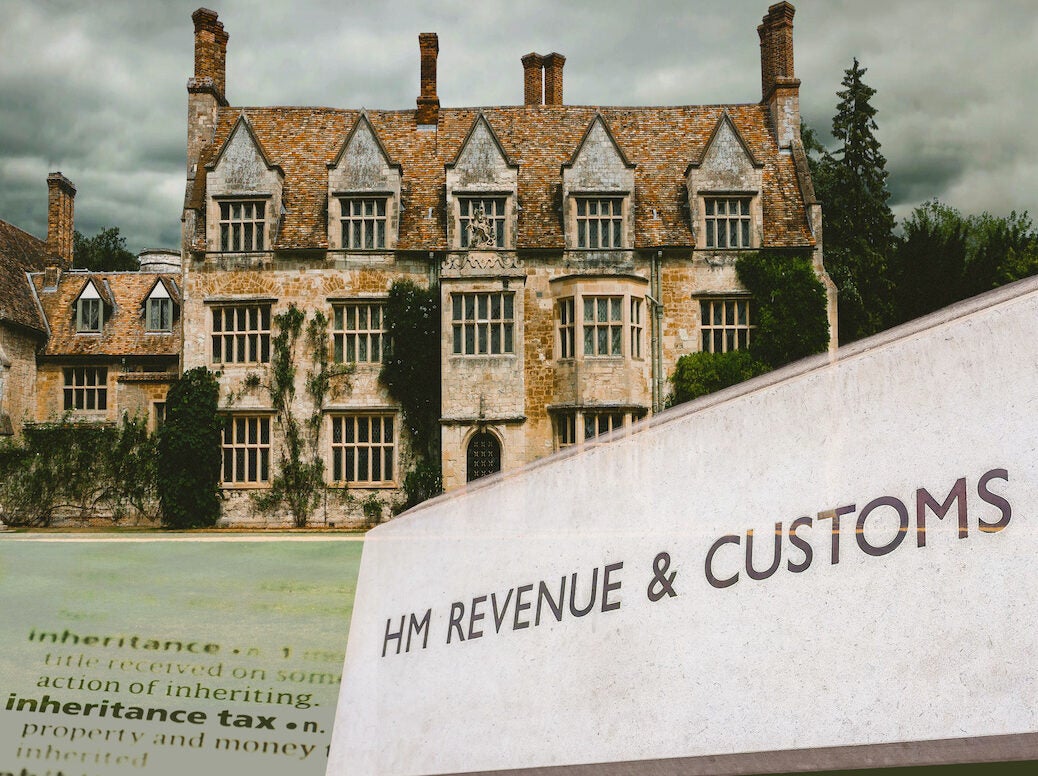
With the UK economy veering between stagnant and mediocre growth, good news has been hard to come by – at least from the perspective of the Treasury. Yet the summer brought one dose of surprise cheer for the public finances: receipts from capital gains tax (CGT) have surged to a record high.
In the year ending April 2022, UK residents paid £16.7 billion in CGT – a 15 per cent increase on the previous year. At the same time, HMRC also reported a sizeable increase (20 per cent) in the number of people paying the tax. In its commentary, it attributes the jump to a rise in the number of residential property disposals, as well as the size of those gains.
[See also: The 2023 Spear’s Tax & Trust Indices]
What are the reasons behind the rise in CGT receipts?
Are higher property prices and more sales the best explanation for the tax windfall? Experts in the Spear’s network aren’t so convinced. After all, CGT liabilities are only triggered when someone chooses to sell an asset. The opportunity to realise a capital gain may well be a factor, but it isn’t the only one.
‘I think there is definitely an element of fear triggering these disposals of assets,’ says Camilla Wallace, a private client partner with Wedlake Bell. It’s a factor, she adds, that first emerged some years ago as the asset-rich contemplated the possibility of Jeremy Corbyn in Downing Street, and which has continued even with a more moderate leader of the Labour Party.
While Sir Keir Starmer has sought to reassure better-off voters that a Labour government wouldn’t plunder their finances, it appears not everyone is convinced. But the Conservatives’ record hasn’t been that reassuring either: Jeremy Hunt opted to slash the CGT personal allowance from £12,000 to £3,000 and reduce the threshold for the highest rate of income tax (meaning earners will pay 45 per cent on anything over £125,140). So what could come next?
‘We’ve certainly been hearing whispers of future changes to CGT legislation,’ says Matthew Briggs, a partner with law firm Irwin Mitchell. Another idea – mooted by Labour – is that CGT rates (typically 20 per cent for higher earners, but rising to 28 per cent for property sales) could be aligned with income tax.
Will we see an overhaul of CGT?
Meanwhile, HNW green energy entrepreneur and Labour donor Dale Vince is mounting a legal challenge to so-called ‘carried interest’ (the share of profits retained by private equity fund managers) being treated as capital gains rather than income.
Whether such reforms see the light of day is far from certain (not least given the upcoming general election). But even the hint of a clampdown may be enough to encourage some clients to sell up while the sun is still shining.
Other asset disposals seem to have been prompted by more specific triggers. Private client adviser Rebecca Durrant, a tax partner with chartered accountants Crowe, says she has seen an exodus of landlords leaving the private rental market. ‘That’s partly down to tougher regulations around tax treatment of buy-to-let properties,’ she adds.

Is it time for UK HNWs to resign themselves to paying more tax?
Given the tough economic horizon, then, is it time for HNWs to reconcile with the idea of paying more tax – at least when it comes to capital gains? Wallace reminds Spear’s that HNW asset-holders shouldn’t be too negative in their outlook.
‘For HNW clients there are still some options available which can be overlooked, like investors’ relief,’ she says. Introduced in 2016 to encourage investment into unlisted trading companies, the scheme reduces the rate of CGT on qualifying shares to just 10 per cent (up to a ceiling of £10 million).
Since Rishi Sunak slashed entrepreneurs’ relief (now business asset disposal relief), it has become a useful vehicle for entrepreneurs looking to reduce their liabilities when exiting from their business.
Not that the expansive relief on offer is enough for everyone. Wallace tells Spear’s the ‘grossly reduced’ benefits of the new business asset disposal relief have increased the desire among entrepreneurs looking to ‘relocate’ ahead of such a sale.
‘Malta has always been popular historically, but we also see continued and increased interest in Dubai and Portugal,’ she says.
For Briggs, the government faces a difficult balancing act. ‘The Treasury needs to keep in mind that CGT is still driven by a small percentage of taxpayers – some of whom have the option of going elsewhere,’ he says. The danger, he adds, is that the temptation to boost receipts in the near term could lead to a smaller tax base further down the line – and thus to lower revenues all round.
Where next for inheritance tax?
Once a small part of the Treasury’s revenue-raising toolkit, the much pilloried ‘death tax’ (in the parlance of the Conservative-backing tabloids) has been on a march in recent years: receipts have risen from just over £2 billion in 2010 to an anticipated £7.2 billion this financial year.
Yet the tide of IHT payments flowing into HMRC's coffers could soon turn - if the Conservatives can turn around their fortunes in time for the next election. It has been widely reported that Rishi Sunak is mulling over reforms to the levy, which has been called a form of 'double tax' by Jacob Rees Mogg.
Political rhetoric aside, how do leading tax advisers explain the considerable rise in IHT receipts?
‘The main factor driving the rise has been the fiscal drag effect,’ says Naomi Neville, a private client partner with law firm Irwin Mitchell. Not only have the prices of assets risen significantly (with house prices up 73 per cent in 10 years), the nil rate threshold has remained frozen – at £325,000 – since 2008. While receipts have risen, though, IHT’s reach remains concentrated on a narrow slice of the UK population.
‘When you look at the data, it’s still only around 4 per cent of estates that qualify for IHT,’ says Rebecca Durrant from tax adviser Crowe. That’s largely thanks to the extra allowance (£175,000) introduced for family homes.
‘In reality, most people can pass on around £1 million without encountering any IHT liabilities – provided you can make use of the spousal allowance too,’ she adds. ‘The bulk of new enquiries we’re seeing are around that £5 million point and above, where people start to be concerned and have more options to reduce their liability.’
Looking at lesser-known options
Long-standing carve-outs such as ‘business property relief’ (which provides 50 per cent or 100 per cent relief for relevant business assets) and ‘normal income out of expenditure’ (which exempts regular gifts which meet certain defined criteria) have become a staple of estate planning. Yet more recent trends have also seen some HNWs look to lesser-known options.
‘One thing we are seeing at the moment is people looking to take advantage of agricultural and woodlands relief,’ says Camilla Wallace, a private wealth partner with Wedlake Bell. It’s a trend, she says, that has been partly inspired by the fashion for rewilding and ESG. Yet given that farmland can qualify for 100 per cent relief, today’s green-fingered hobby can have real benefits for the next generation – in more ways than one.
A less bucolic technique enjoying a surge in popularity is the family investment company (FIC). Established under the Companies Act 2006, an FIC is a company that invests (rather than trades) on behalf of the family member shareholders. As any growth is shared or transferred to the shareholders (including a family trust), it can reduce the estate of the founder for IHT purposes.

‘FICs are particularly popular with clients who have exited a business because they understand how a company structure works, and they offer a huge amount of flexibility when compared to a standalone trust,’ says Durrant. What’s more, the option was recently reviewed by HMRC. In 2021 its investigatory unit concluded there was no correlation between FICs and what it calls ‘non-compliant’ behaviour.
While the HMRC verdict may be welcome news for HNWs, it also serves as a reminder of the Revenue’s increasingly active approach. ‘When you look at case law, it is clear that HMRC is always keen to challenge where the facts fall into more subjective
This piece first appeared in issue 89 of Spear’s, available now. Click here to buy a copy and subscribe






